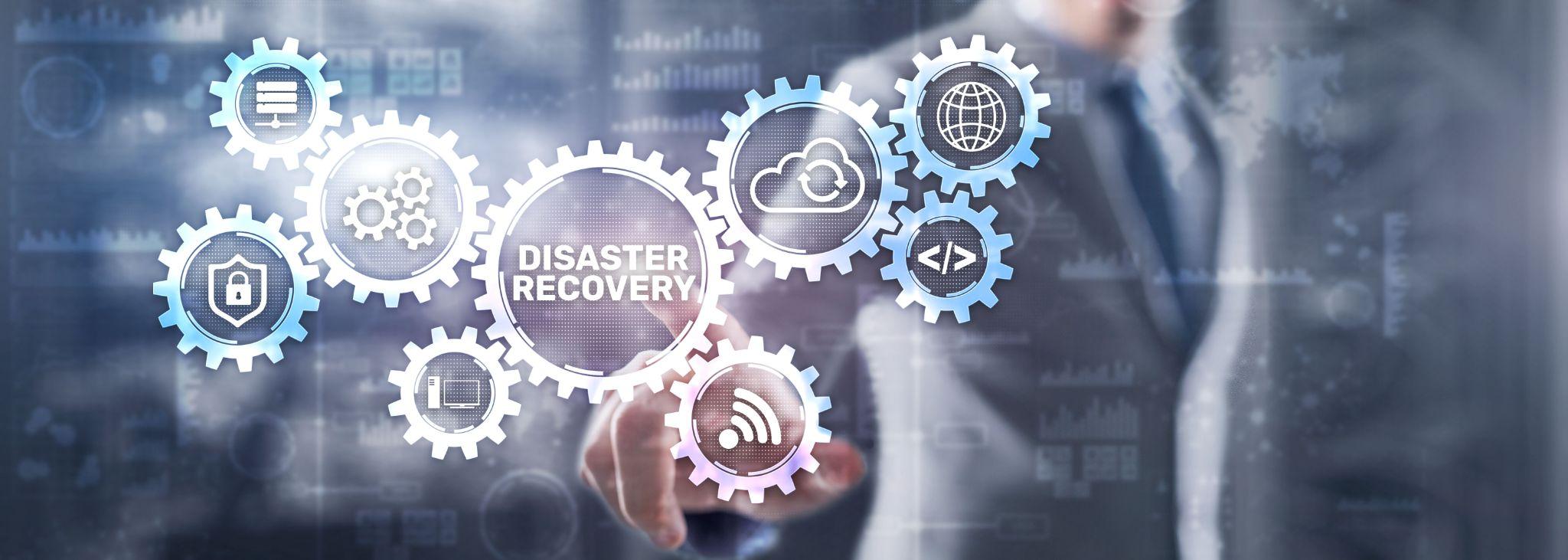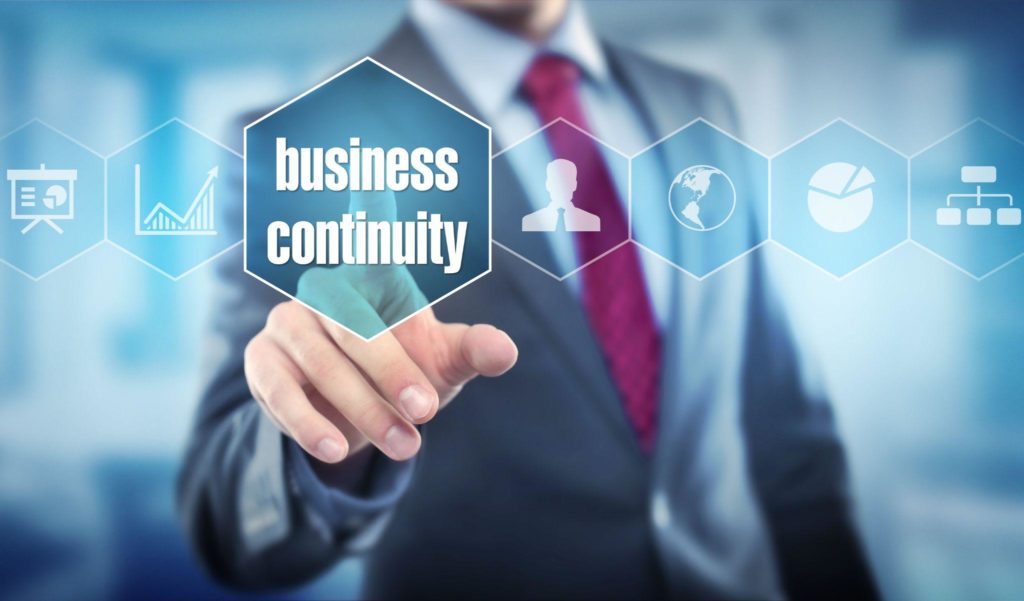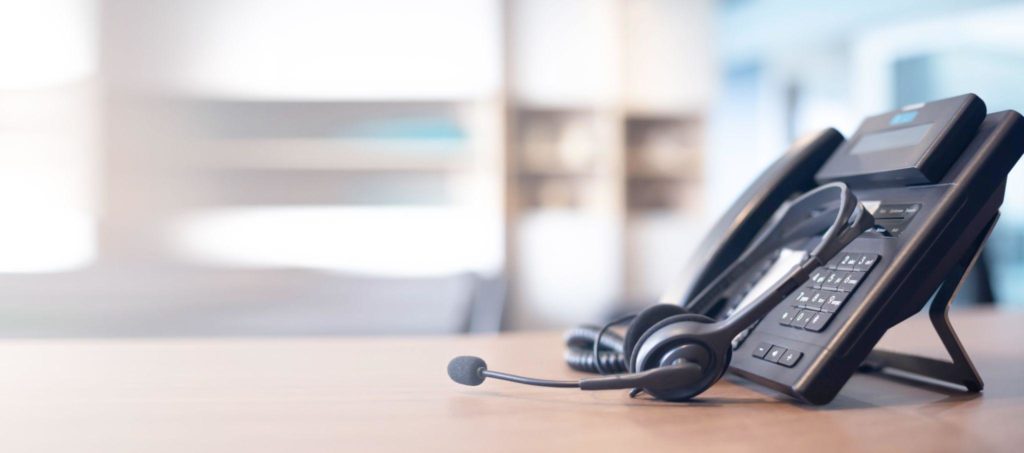Fine-Tuning Your Disaster Recovery Communications Strategy

Your business must be ready to serve clients and customers at all times. Whether there’s a flood, storm, or another natural disaster or an issue or illness at your office, the need to communicate is always there. That’s why your disaster recovery plan should include a strategy for emergency communication.
Depending on the nature of your business, callers may have urgent needs. If you can’t respond, there could be lost opportunities and damage to your reputation. Here, we will help you understand business continuity communication and how to incorporate it into your disaster recovery plan.
Incorporating Business Continuity into Your Disaster Recovery Plan

You always need to be prepared for the unexpected, whether it’s a widespread power outage, a global crisis, or an unexpected absence of staff members. If you don’t have a plan in place, managing crisis communication on a whim is next to impossible. Your business will most likely falter during a crisis.
You must create a crisis communication plan in advance by:
- Deciding how internal/external information will be disseminated during a crisis
- Identifying who is responsible for communicating that information
- Creating guidelines for how to respond to an emergency
Also plan for specific types of crises. Business continuity may be a concern in the wake of a natural disaster, a technological failure, a sudden change to staffing, or an issue with organizational practices.
Optimizing Your Business Continuity Communications Strategy
It’s important to have a realistic business continuity plan that is regularly updated. It allows you to have a roadmap for resuming business as normal after a disruption.
Your plan must include procedures for how all stakeholders and parties will receive information. During a crisis, communications must be accurate and delivered and received in a timely manner. These are just some critical elements that must be in place:
- Know How Internal Alerts Will Be Managed: Will people be notified by text, email, or pager of the status of your business and the crisis at hand.
- Media Communications: Know how to provide information to the media, clients, and others on the outside; redundancy and use of alternate communication channels is important.
- Know Who You Need to Reach: Identify how and when to notify team members and their families, management, news media, government officials/regulators, suppliers, and the community.
Common strategies for crisis communications include the appropriate spokesperson response, proactive damage control, and case escalation procedures for your customer service team. It’s important to know how to respond on social media as well. Your ability to collect and analyze customer feedback is crucial during a crisis and can help mitigate some of its potential impacts on your business.
Since business continuity relies so heavily on communications, it’s essential to factor your information technology/telecommunications infrastructure and capabilities into your disaster recovery strategy. You don’t know how long it will take to get your business up and running again. A disruption lasting days or weeks can mean a substantial amount of lost revenue. If you know it will take time to work through a backlog, you must relay any issues to your customers and stakeholders.
Whatever the nature of the disaster, reopening lines of communication should be your first priority.
Activate Your Live Business Answering Service Today
A disaster recovery answering service is the most effective component to support crisis communications. When a live agent receives incoming calls, they can relay important information about your business, answer customer questions, and forward important calls to the right people. At AnswerMTI, our representatives can answer calls after hours and follow through with your response plan, even if your phones are down.
Whether you’re an HVAC company, a healthcare provider, a law firm, a real estate agency, an educator, or a hospitality business, our live answering service delivers the support you need. We provide 24-hour answering, appointment setting, call patching, virtual receptionist, and bilingual answering services across the United States. All our agents are friendly and professional. They provide a great impression of your business even when your situation is less than ideal.
Incorporate AnswerMTI into your business continuity communication strategy today. To get started, sign up for your free trial or call 844-798-1027.








